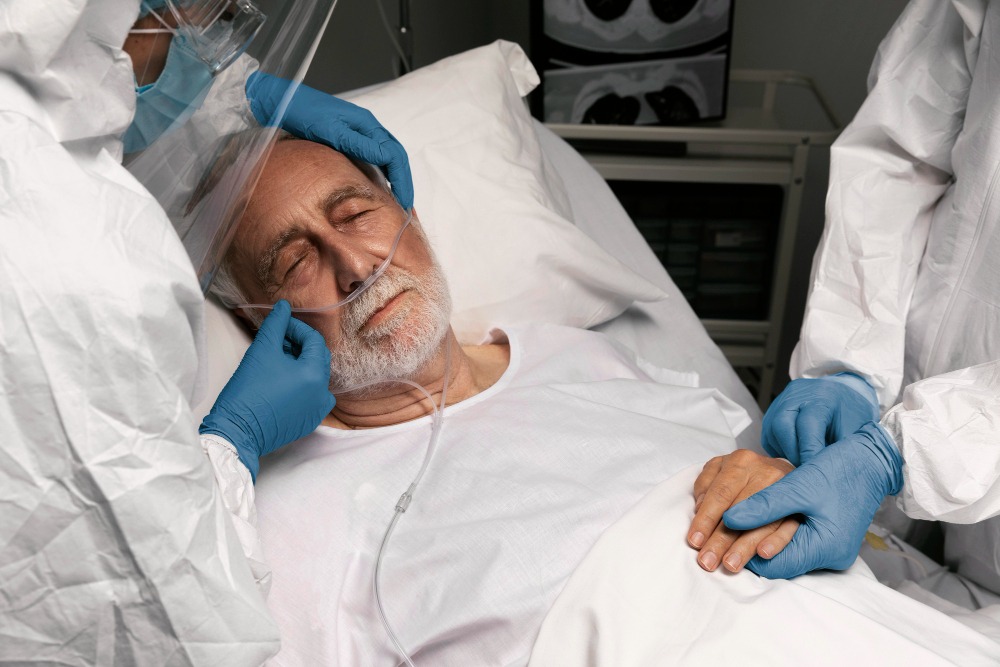
What is Rectovaginal Fistula?
A rectovaginal fistula is an abnormal connection or passageway that develops between the rectum and the vagina. This condition allows stool or gas to pass from the rectum into the vagina, leading to symptoms such as fecal incontinence, vaginal discharge, and recurrent infections. Rectovaginal fistulas can occur as a result of childbirth trauma, surgical complications, inflammatory bowel disease, radiation therapy, or other underlying conditions.
How is Rectovaginal Fistula diagnosed?
Diagnosing a rectovaginal fistula typically involves a combination of medical history assessment, physical examination, and diagnostic tests, including:
- Rectovaginal examination: A healthcare provider may perform a manual examination to evaluate the presence of a fistula and assess its size and location.
- Imaging studies: Tests such as MRI, CT scan, or ultrasound may be used to visualize the fistula and assess its extent.
- Endoscopy: Procedures such as colonoscopy or sigmoidoscopy may be performed to evaluate the condition of the rectum and identify any underlying causes.
What are the symptoms of Rectovaginal Fistula?
Common symptoms of rectovaginal fistula may include:
- Passage of stool or gas through the vagina
- Fecal incontinence
- Vaginal discharge with foul odor
- Recurrent urinary tract infections
- Pain or discomfort in the pelvic area
How is Rectovaginal Fistula treated?
Treatment for rectovaginal fistula depends on various factors, including the size and location of the fistula, underlying causes, and individual patient factors. Treatment options may include:
- Medication: Antibiotics or anti-inflammatory medications may be prescribed to manage infections and reduce inflammation.
- Surgery: Surgical repair of the fistula may be necessary to close the abnormal connection between the rectum and vagina. The specific surgical approach may vary depending on the characteristics of the fistula and the patient's overall health.
- Bowel management: Dietary changes, bowel training, or the use of stool-thickening agents may help improve bowel function and reduce symptoms of fecal incontinence.
What is the prognosis for individuals with Rectovaginal Fistula?
The prognosis for individuals with rectovaginal fistula depends on various factors, including the cause and severity of the fistula, the success of treatment interventions, and the presence of any underlying medical conditions. With appropriate medical management and surgical treatment, many individuals with rectovaginal fistula can experience significant symptom relief and improved quality of life.
What are the procedure after surgery?
Rest and Limit Activity : Avoid strenuous activities, heavy lifting, and vigorous exercise for the recommended period.
Keep the Area Clean : Gently clean the surgical area with water and mild soap as directed by your surgeon. Pat the area dry with a clean towel, and avoid rubbing or scrubbing.
Take Prescribed Medications : Take any prescribed pain medications, antibiotics, or other medications as instructed by your surgeon to manage pain and prevent infection.
Avoid Sexual Activity : Refrain from sexual intercourse and other sexual activities until your surgeon advises it is safe to do so. This typically takes several weeks to a month or more, depending on individual healing.
Wear Loose Clothing : Wear loose-fitting clothing, preferably cotton underwear, to minimize friction and promote airflow to the surgical area.
Attend Follow-Up Appointments : Keep all scheduled follow-up appointments with your surgeon to monitor your healing progress and address any concerns or complications promptly.
Avoid Tampons and Menstrual Cups : Refrain from using tampons and menstrual cups during your recovery period to prevent irritation and infection.
Stay Hydrated and Eat Nutritious Foods : Drink plenty of water and eat a balanced diet rich in vitamins and nutrients to support healing and boost your immune system.
Why choose VMG Hospital for the treatment of Rectovaginal Fistula?
VMG Hospital in Hisar, Haryana, offers expert care and advanced treatment options for individuals with rectovaginal fistula. Our team of experienced colorectal surgeons, gynecologists, and specialists is dedicated to providing personalized care and optimal outcomes for each patient. With state-of-the-art facilities and a patient-centered approach, VMG Hospital is committed to helping individuals with rectovaginal fistula regain bowel control and improve their quality of life.